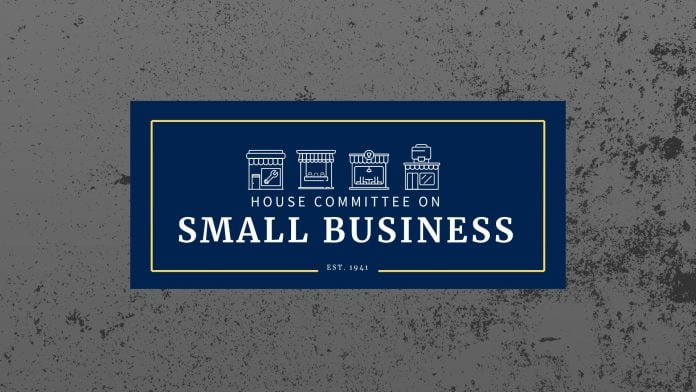In a recent move aimed at empowering small businesses, Congressman Roger Williams (TX-25), Chairman of the House Committee on Small Business, announced the approval of seven critical bills designed to enhance opportunities for entrepreneurs. These pieces of legislation could reshape the landscape for small business owners by expanding access to funding, integrating technological advancements, and reducing regulatory burdens.
"This Committee’s job is to foster an environment that allows entrepreneurs to expand their business and invest in their communities," Williams stated after the markup session. He emphasized that the initiatives passed are crucial for ensuring small businesses have the resources needed to innovate and thrive in an increasingly competitive economy.
One of the standout proposals is the Main Street Parity Act (H.R. 5763), which eliminates the five percent equity requirement for limited or single-purpose properties in the Small Business Administration (SBA) 504 loan program. By leveling the playing field across industries, small business owners can access the capital needed to grow their operations without the added burden of stringent equity requirements. The bill passed unanimously in committee, reflecting a bipartisan consensus on its importance.
Another significant bill is the 504 Program Risk Oversight Act (H.R. 5788), which mandates the SBA to perform annual risk assessments of its 504 loan portfolio. This move enhances accountability and transparency, enabling small business owners to better understand the regulations governing their access to capital.
The Northern Mariana Islands Small Business Access Act (H.R. 3496) also introduces enhanced funding opportunities by including the Northern Mariana Islands in the SBA Microloan Program. This addition is crucial for entrepreneurs in this region, offering them new avenues for financing their business ventures.
In an age where technology is rapidly evolving, the Artificial Intelligence (AI) for Main Street Act (H.R. 5764) stands out as a forward-thinking initiative. It mandates SBA-funded Small Business Development Centers (SBDCs) to assist small businesses in integrating AI technologies into their operations. This could open doors to more efficient processes, data-driven decision-making, and enhanced customer engagement for small businesses.
Moreover, the Artificial Intelligence Wisdom for Innovative Small Enterprises (AI-WISE) Act (H.R. 5784) complements this by ensuring that the SBA provides accessible educational resources on AI for entrepreneurs. This dual approach represents a significant investment in the digital capabilities of small businesses, enabling them to compete in a technology-driven marketplace.
However, small business owners should be aware of potential challenges that might accompany these legislative changes. While enhancing access to AI represents a tremendous opportunity, it could also require proprietors to allocate time and resources towards training and adaptation, potentially diverting focus from other critical business operations. Implementing new technologies may also pose its own learning curve, particularly for owners who may not be familiar with digital tools.
Another notable legislative effort is the Improving SBA Engagement on Employee Ownership Act (H.R. 5778), which aims to ensure that the SBA actively represents the interests of employee-owned businesses. This could lead to improved support and resources tailored to companies that follow this ownership model, reflecting a growing trend towards shared ownership in the workforce.
Moreover, the Destroying Unnecessary, Misaligned, and Prohibitive (DUMP) Red Tape Act of 2025 (H.R. 4305) seeks to streamline regulatory processes by codifying initiatives designed to help small businesses report and alleviate excessive regulatory burdens. The establishment of a “Red Tape Hotline,” where businesses can voice their regulatory concerns, could foster a more responsive government approach to the needs of small business owners.
Taken together, these legislative advancements highlight a concerted effort by Congress to create an ecosystem conducive to small business innovation and growth. As entrepreneurs look to leverage these new resources, they should remain vigilant about the practical implications of these changes and be prepared to adapt to the evolving regulatory landscape.
For more detailed information on the bills and their implications, you can view the full press release here.
Image Via BizSugar



